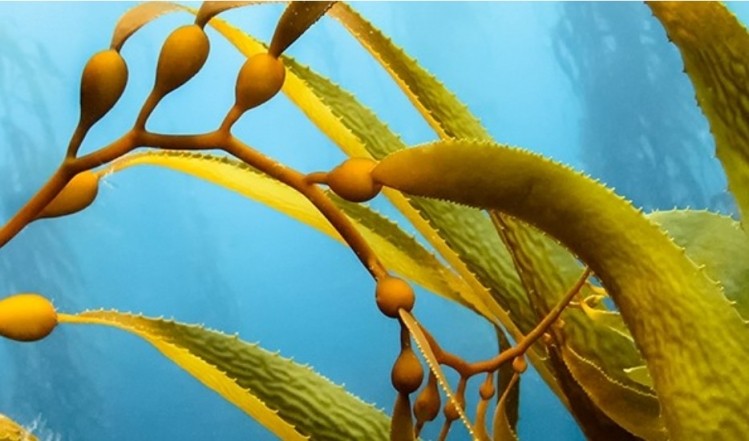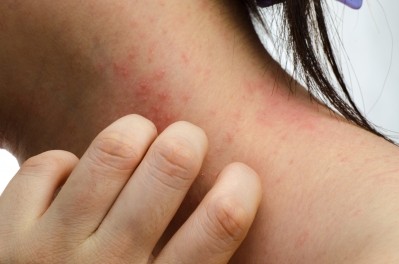Fucoidan anti-viral effects promising for gastroenteritis relief, study suggests

These are the main findings of a new study that demonstrate fucoidan’s ability to inhibit noroviral entry to cells as well as upregulating genes associated with interferon signalling.
“These results suggest exciting potential for high purity fucoidan to address the symptoms of norovirus,” explains Dr Ahyoung Park, Marinova Research Scientist, and study co-author.
“We can expect to see increasing interest in the use of fucoidan for this application.”
The team from the National University of Singapore began by collecting zebrafish larvae that were injected with the human norovirus (HNoV) suspension.
Analysis showed significant upregulation of the interferon (IFN) signalling related genes as well as a series of IFN-stimulated genes (ISGs) that encode antiviral effectors compared to the mock-infected controls.
Gene upregulation
In addition, injection of fucoidan, extracted from the Fucus vesiculosus seaweed, together with hNoV resulted in significant upregulation of 834 genes.
The team found the innate immune system was the top cluster with 94 gene counts involved and a log10(p) value of −25.41.
Tulane virus (TV), a very commonly used surrogate for hNoV, served as a comparative tool demonstrating that fucoidan was not able to block the virions irreversibly.
Enhancement of the host innate immune response could be one of the important mechanisms behind the anti-hNoV effect of the fucoidan, supplied by Marinova Pty Ltd.
“Although in a non-specific way, we have the confidence to believe that fucoidan was able to induce a stronger innate immune system for the zebrafish larvae against hNoV infection,” the team writes.
“In fact, the immunomodulatory effects of fucoidan has been previously reported under many other research scenarios both in vitro and in vivo.”
More study needed
The team acknowledge though that it is still not possible to rule out the possibility that the hNoV virions could have been blocked by fucoidan (which is a commonly proposed mechanism).
Additionally, it could not be ruled out that the innate immune system enhancement observed from the zebrafish larvae injected with fucoidan together with hNoV GII was solely from fucoidan.
“Unfortunately, the zebrafish larva platform still suffers from a few limitations including the small sample loading volume (3 nanolitres (nL) per larva),” the team highlights.
“Consequently, this model is less flexible in testing a wide range of sample dilution series.
Source: Journal of Functional Foods
Published online: doi.org/10.1016/j.jff.2022.105149
“Fucoidan from Fucus vesiculosus can inhibit human norovirus replication by enhancing the host innate immune response.”
Authors: Malcolm Turk Hsern Tan et al.















